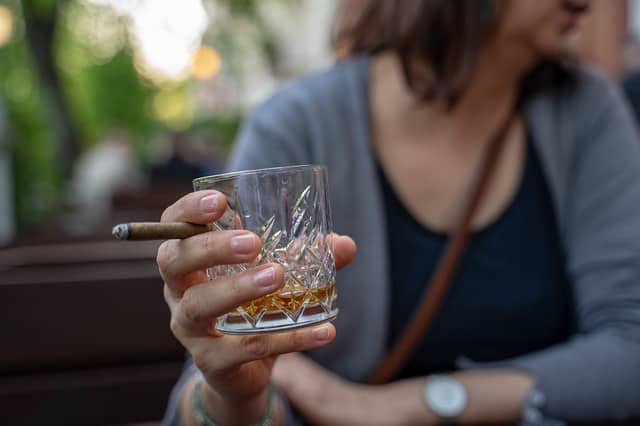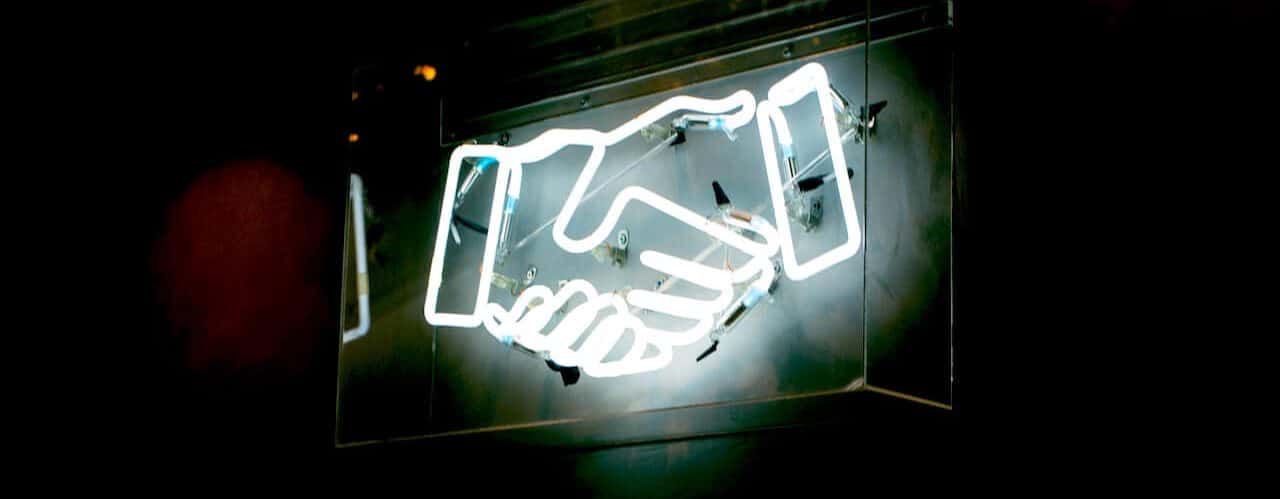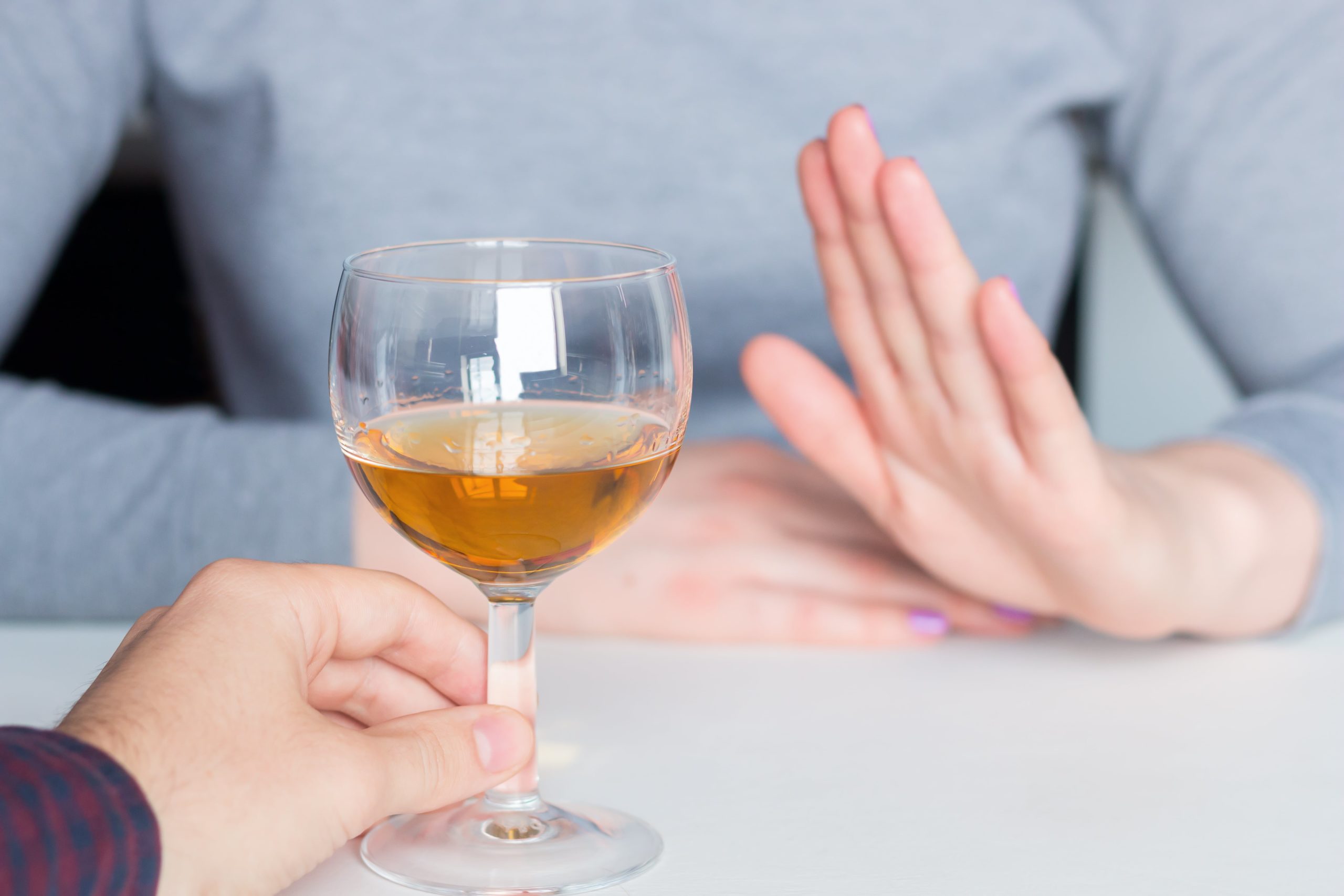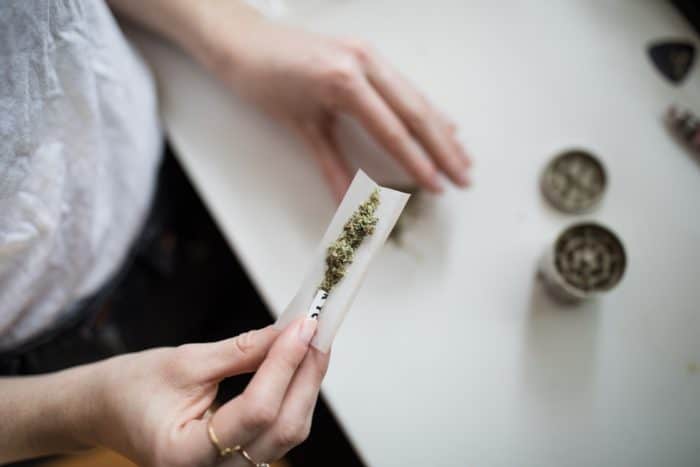
Common Relapse Triggers You Should Know
Recovering from drug or alcohol addiction is a huge feat that any addict should commend themselves for overcoming. But with recovery comes the ever-looming fear

Recovering from drug or alcohol addiction is a huge feat that any addict should commend themselves for overcoming. But with recovery comes the ever-looming fear

Integrating recovery and everyday life can be challenging. It is a journey of personal growth that requires you to leave behind past habits and build

Relapse is easily one of the most difficult enemies for addicts recovering from substance addiction. You may follow your recovery exactly as professionals instruct you

Recovery is a process of growth and change, and it can be difficult on any normal day. But what about the potentially stressful time known

Addictions can prove to be troublesome psychological diseases, not only because of the emotional toll they can bring to the addict and their family but
I reached out to some of the top recovery blogs around the web for this article and asked them a series of recovery-related questions. It
It doesn’t matter what time it is, Discovery Place is here and ready to help those impacted by addiction day or night. Whether it is 3 AM or 3 PM, you can start your recovery journey by reaching out to our rehab in the Nashville area.